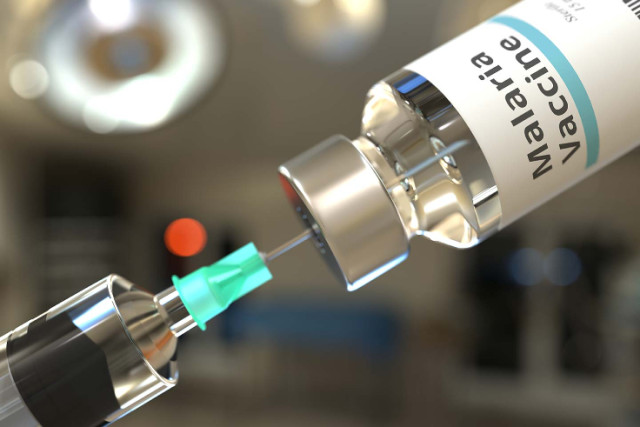Malaria cases in Maiduguri, the capital of Borno state have risen significantly with residents calling for immediate actions to mitigate against the spread especially among children in the state.
However, following the economic situation with the increasing rate of purchasing pharmaceutical for immediate treatment, some residents of the state have lamented their inability to purchase drugs, insecticides and other preventives.
One of the residents, Ibrahim Aisha, who resides in the Modugari area of Maiduguri expressed concern following the scourge.
She said, "Two of my siblings are currently battling with the malaria scourge, and when we visited the hospital, we met several other patients with similar situation.
“The situation is currently worrisome. Malaria is a common sickness in Maiduguri, especially during the rainy season. But that of this year is going out of hand. People are contracting it anyhow, including my two siblings; and the cost of drugs is so much on the high,” she lamented.
Also Benjamin Noah, a private tutor said previous years the state enjoyed government and non-governmental organization partnership to help ameliorate the scourge.
He explained that in previous years, Non governmental organisations and the various government levels often provided aids such as free drugs, drainage system/gutter cleanups, fumigation, mosquito nets distribution and distribution of insecticides all of which are no longer available.
As a result, he urged the government to come to their aid as indigenes and residents of Borno State to battle the economic hardship.
“We enjoyed many support in the past during the rainy season like this from the government and NGOs. They share mosquito nets, drug, and even free medical services. You know that the mosquito scourge is very high in Maiduguri, so when it is raining season they begin to distribute anti-malaria products. But because of the current situation, affordability has become an issue since those incentives are not forthcoming,” he added.
However, a pharmacist in Maiduguri, Ferdinand Chinda, called on the residents to take personal precautionary measures, including taking their environmental hygiene seriously, and ensuring the prevention, and tackling early detection of the malaria prevalence with effective treatment.
“The need for effective drainage system can not be over-emphasised as this will go a long way.




















